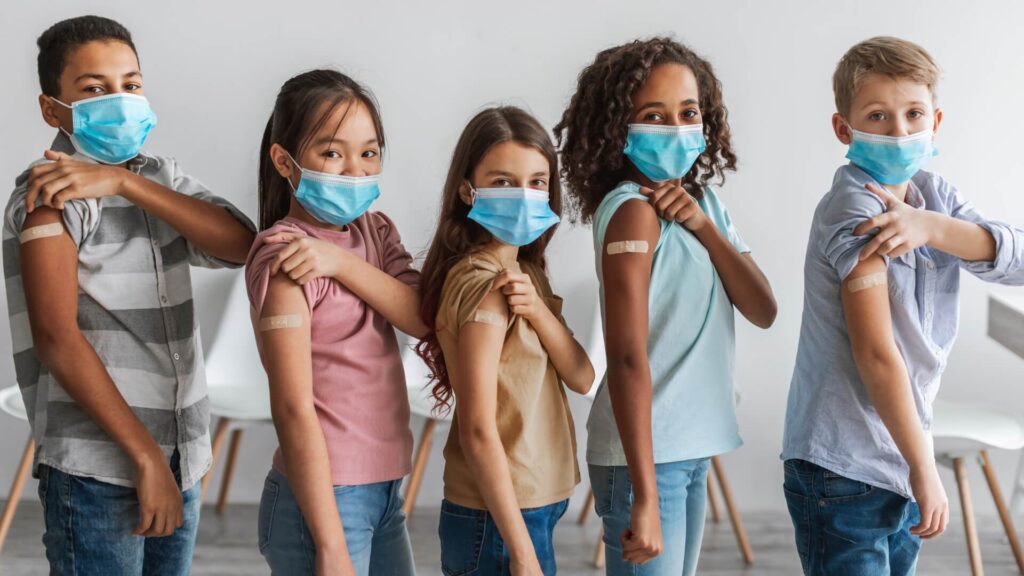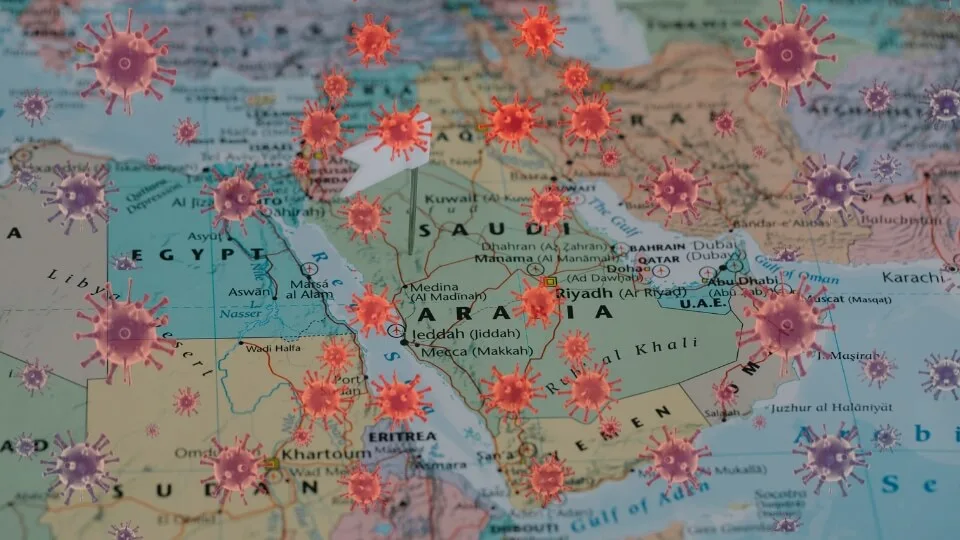Samar Abd ElHafeez1 Assem Gebreal2 Mohammad Adnan Khalil3 Naglaa Youssef4,5 Malik Sallam6,7 Abdelhamid Elshabrawy8 Suzan Abdel-Rahman8 Amira Saad Mahboob9 Saja Yazbek10 Eman H. Elbanna9 Riddhi Adhyaru11 Zarin Nudar Rodoshi12 Yap Siew Kih13 Huda Jawad14 Evangelos Kolotouros15 Arkadiusz Jaworski16 Ghadah AlQarni17 Mohammad Gablan18 Alexandra Condurat19 Ahmed El-Sayed Said Nour Elden20 Oumayma Bennani21 Kamna Rawat22 Areeba Ismail23 Yasser Al-Hajj24 Nafisa M. K. Elehamer25 Jasleen Nagi26 Habtamu Admassu27 Saja Hassan Al Asaad28 Ruthwik Duvuru29 Olaoluwaposi Ogunlana30 Bandar Alosaimi31* Ramy Mohamed Ghazy9
Background and aims: The recent monkeypox (Mpox) outbreak confirmed by the World Health Organization (WHO) underscores the importance of evaluating the knowledge and attitude of medical students toward emerging diseases, given their potential roles as healthcare professionals and sources of public information during outbreaks. This study aimed to assess medical students’ knowledge and attitude about Mpox and to identify factors affecting their level of knowledge and attitude in low-income and high-income countries.
Methods: A cross-sectional study was conducted on 11,919 medical students from 27 countries. A newly-developed validated questionnaire was used to collect data on knowledge (14 items), attitude (12 items), and baseline criteria. The relationship between a range of factors with knowledge and attitude was studied using univariate and multivariate analyses.

Results: 46% of the study participants were males; 10.7% were in their sixth year; 54.6% knew about smallpox; 84% received the coronavirus disease 2019 (COVID-19) vaccine; and 12.5% had training on Mpox. 55.3% had good knowledge of Mpox and 51.7% had a positive attitude towards it. Medical students in their third, fifth, or sixth year high- income countries who obtained information on Mpox from friends, research articles, social media and scientific websites were positive predictors for good knowledge. Conversely, being male or coming from high-income countries showed a negative relation with good knowledge about Mpox. Additionally, a positive attitude was directly influenced by residing in urban areas, being in the fifth year of medical education, having knowledge about smallpox and a history of receiving the coronavirus disease 2019 (COVID-19) vaccine. Receiving information about Mpox from social media or scientific websites and possessing good knowledge about Mpox were also predictors of a positive attitude. On the other hand, being male, employed, or receiving a training program about Mpox were inversely predicting positive attitude about Mpox.
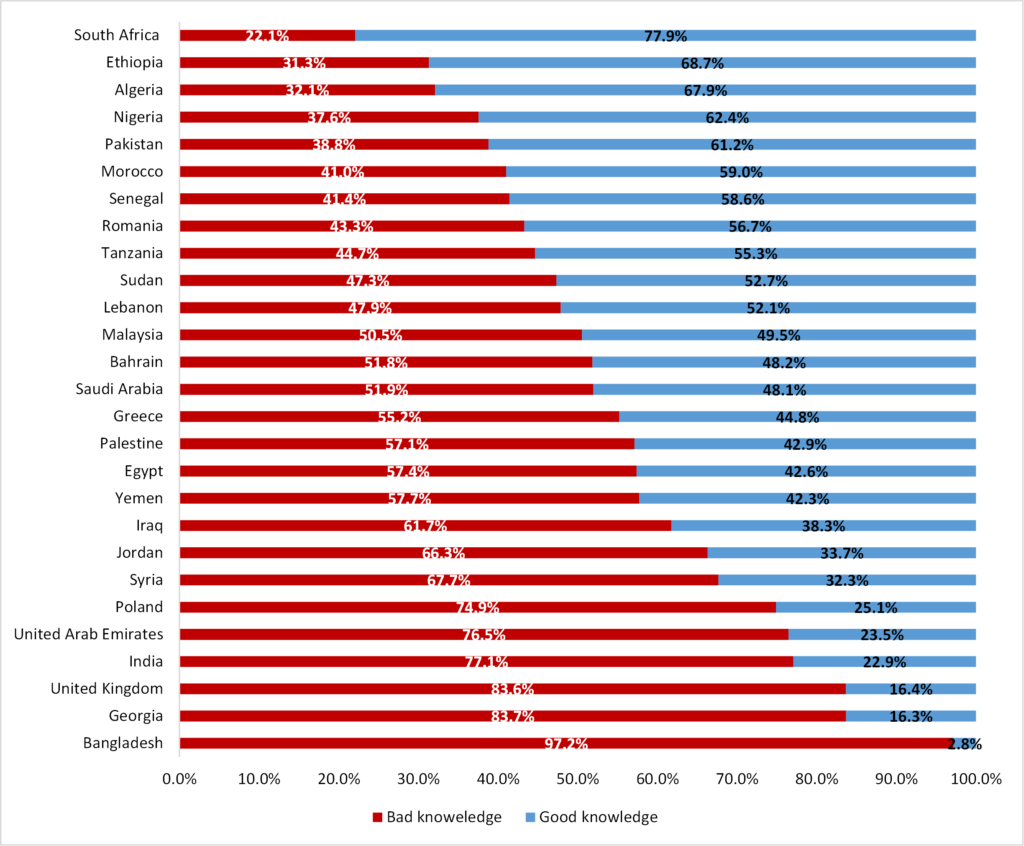
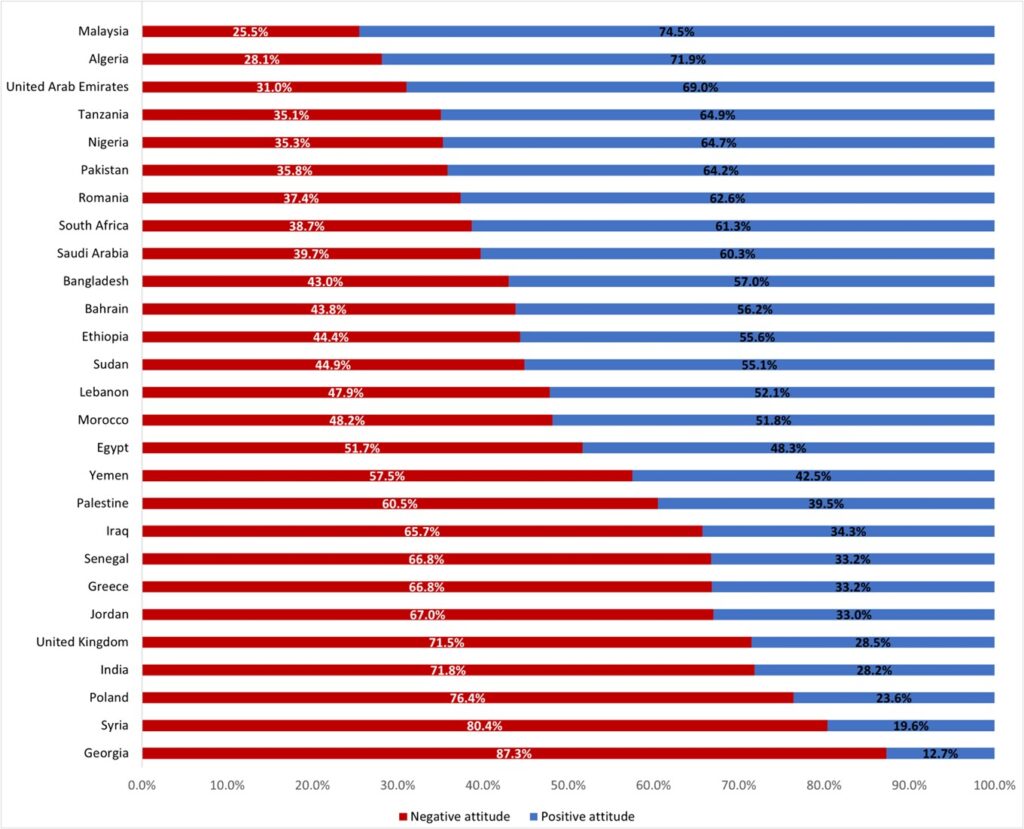
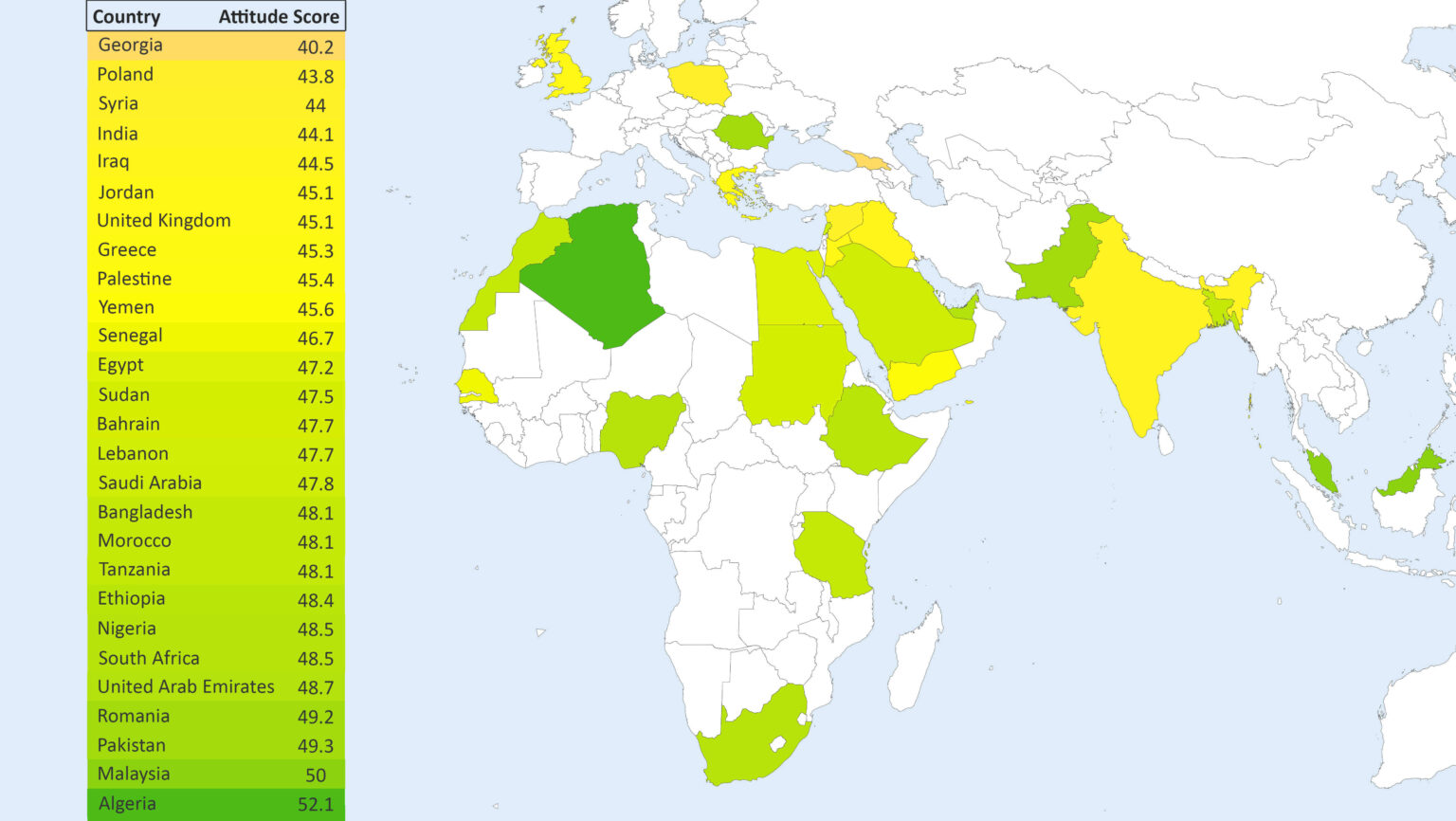
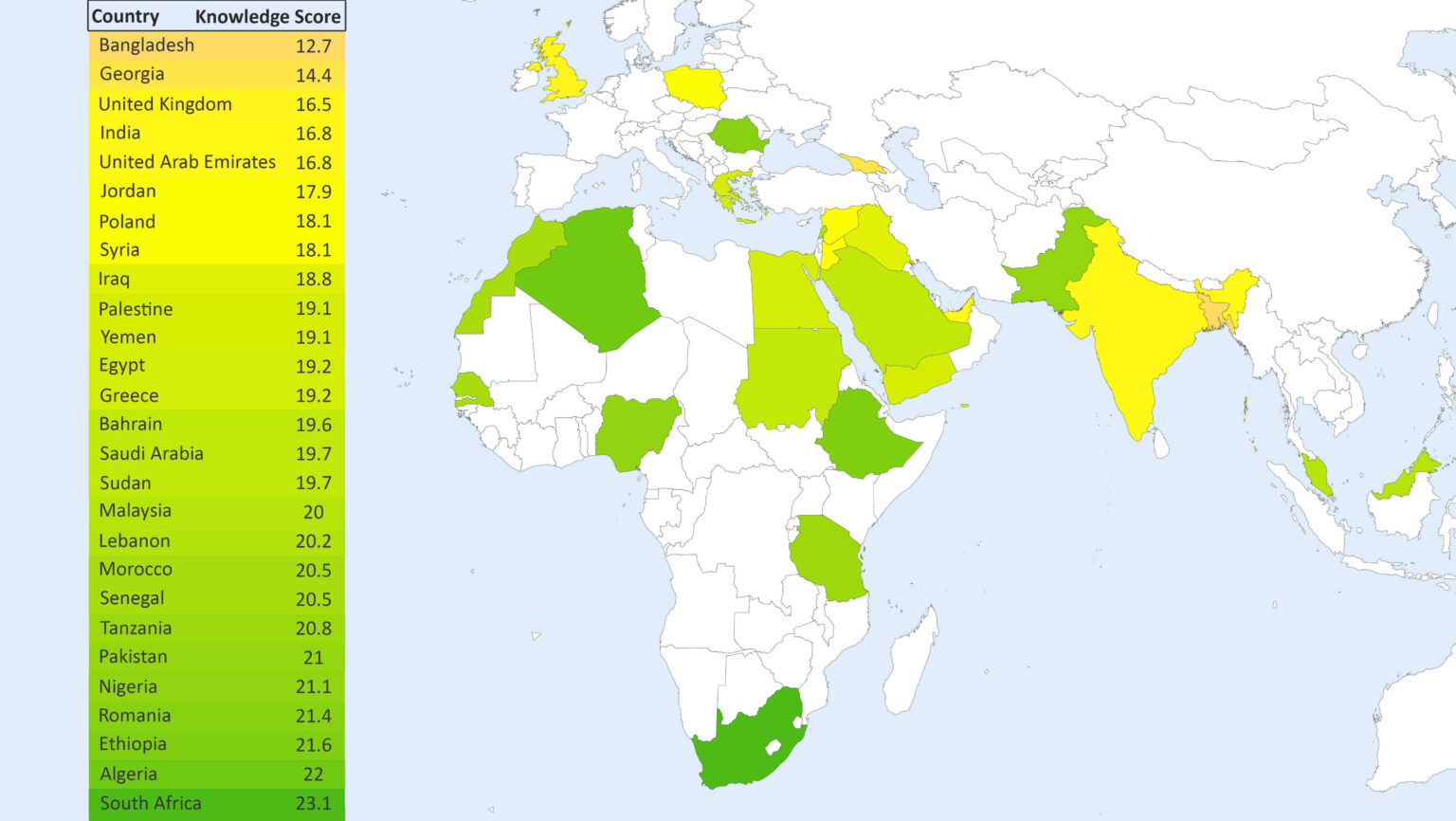
Conclusion: There were differences in knowledge and attitude towards Mpox between medical students in low and high-income countries, emphasizing the need for incorporating epidemiology of re-emerging diseases like Mpox into the medical curriculum to improve disease prevention and control.


